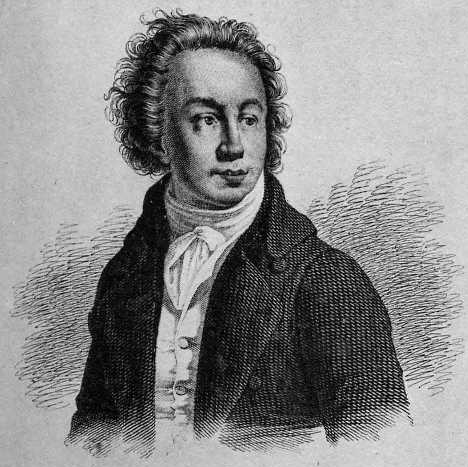
and send us a message.
Thank you for your help!
Ivan Semenovich Barkov
Son of a priest. He studied at Alexander Nevsky Theological Seminary, the Gymnasium of the St Petersburg Academy of Sciences, and at University of the Academy of Sciences. He translated Sallustius, but this translation remained in manuscript. In 1751 he was expelled from the University for "misconduct and impudence". In 1754 Mikhail Lomonosov took him on as a secretary. Under the influence of Lomonosov Barkov was engaged in historical research and prepared the publication of several chronicles. He was in charge of the office of the president of the Academy Count Kirill Razumovskii; from 1762 he was translator at the Academy. Author of "Zhitie kniazia A. D. Kantemira" ("Life of Prince Antiochus Kantemir") (1762), "Sokrashchenie universal'noi istorii Gol'berga" ("Golberg's Universal History Abridgment") (1766) and of various translations, in particular, "Kvinta Goratsiia Flakka Satiry, ili Besedy" ("Quintus Horatius Flaccus' Satires or Conversations") (1763) and "Fedra, Avgustova otpushchennika, nravouchitel'nye basni" ("Moral Fables by Phaedrus, Augustus' freedman") (1764). He gained widespread fame with his erotic poetry.
Source